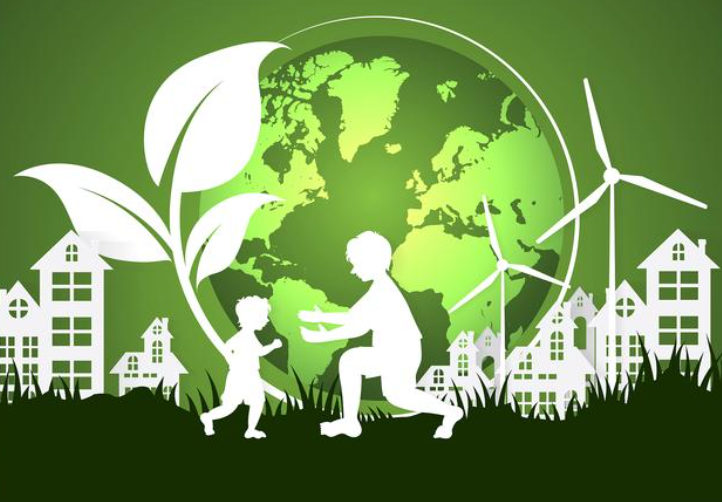
Pay attention to food packaging: When buying food, pay attention to check whether the packaging is complete and avoid buying damaged or deformed packaged food.
Practicing these personal hygiene habits will help protect you from microplastics
-
Use natural toiletries. Choose toiletries that do not contain microplastic particles, such as toothpaste with natural ingredients, facial cleansers, etc. Pay attention to the ingredient list and avoid buying products that contain microplastics.
-
Cleanse your skin regularly. Shower frequently, wash your hands, and keep your skin clean, especially after touching objects that may contain microplastics. Avoid touching your face and mouth directly with your hands to reduce the risk of microplastics entering your body through skin contact.
-
Participate in garbage sorting and recycling. The plastic products are classified to improve the recycling rate. By participating in environmental protection activities, we will understand the hazards and solutions of microplastic pollution and jointly contribute to the protection of the environment.
Boiled water vs. Bottled water: Which is healthier?
There is no absolute answer to the question of whether it is healthier to boil your own water or drink bottled water. It mainly depends on the local water quality and personal living habits.
After purification treatment by water plants, tap water can usually meet national standards
Boiling water to drink, usually refers to the use of tap water to boil after drinking. Although sometimes people worry that tap water may contain harmful substances such as heavy metals and chlorine, in fact, as long as the water source is not seriously polluted and the boiling time is sufficient, these harmful substances can be greatly reduced or even eliminated.
For example, substances such as magnesium and calcium that may be contained in tap water will form scale during heating, but these scales will not cause direct harm to the human body unless consumed in large quantities.
At the same time, the chlorine content in tap water is usually within the safe range, and most of the chlorine will evaporate during the boiling process, so there is no need to worry about its harm to the human body.
Boiling water is relatively economical and convenient to drink, and if you pay attention to water quality and boiling method, it is usually safer.
Avoid repeatedly boiling tap water for a long time resulting in mineral loss and nitrite increase
It is worth noting that if the water is boiled repeatedly, the minerals in the water will gradually lose, and trace amounts of nitrite may be produced.
Although nitrite has a certain vasodilation effect on the human body, a large amount of intake may lead to vasodilation, headache, lethargy and other symptoms, and may even cause poisoning. Therefore, it is recommended to avoid repeatedly boiling tap water for a long time and drink it in moderation.
Drinking bottled water for a long time may lead to nutritional imbalanceIf the local water quality is poor and contains too much heavy metal or other pollutants, then drinking bottled water may be a safer option.
Bottled water is favored by many people for its convenience and safety. However, health concerns about bottled water have also been raised in recent years.
In addition, bottled water usually does not contain the minerals needed by the human body, and long-term drinking may lead to unbalanced nutrition and even cause problems such as rough skin.
Therefore, even if you choose bottled water, it is recommended to drink it in moderation and combine it with other dietary methods to ensure a balanced nutrition.
Bottled water can be contaminated during production, storage and transportation
First of all, bottled water can be contaminated with bacteria and viruses during production, storage and transportation if not handled properly, which can lead to oral infections, gastrointestinal damage and other problems. These bacterial contamination can lead to oral diseases such as keratitis and mouth ulcers, as well as gastrointestinal symptoms such as abdominal pain, diarrhea, and decreased appetite.
Therefore, it is very important to choose a reputable brand and ensure that the bottled water is consumed during its expiry date.
Secondly, the microplastic particles that may be contained in bottled water is also a problem that cannot be ignored. These microplastic particles may enter the human body through drinking water, and although the long-term effects of microplastics on human health are still being studied, long-term ingestion of microplastics may pose potential risks to human health.

